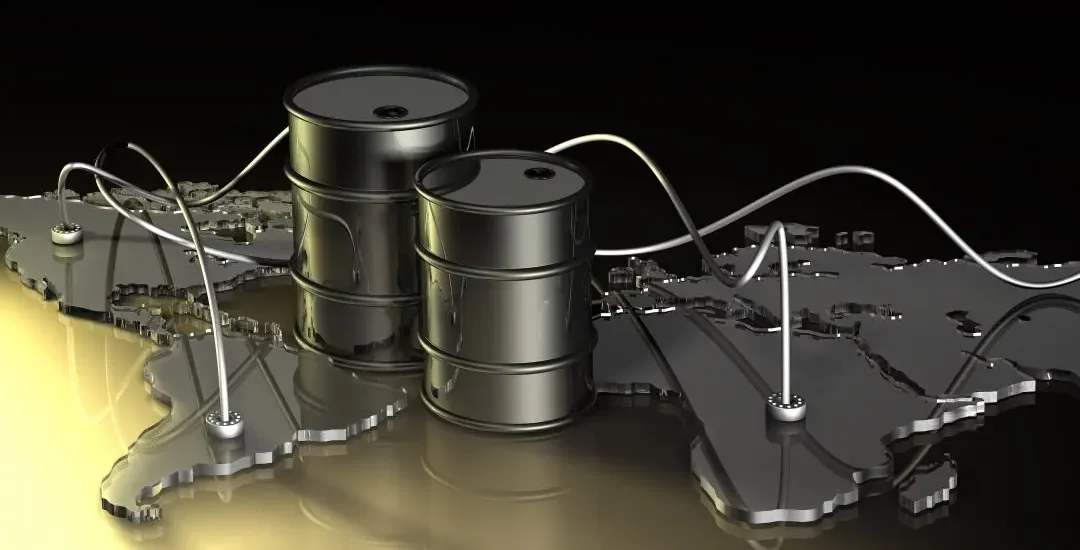CAVEAT EMPTOR (BUYER BEWARE) - Inatech
- August 9, 2016
- Posted by: Tom Hedge
- Blogs

Fuel quality and poor claims resolution hitting shipping
When talking to customers and market players fuel quality/quantity and unresolved claims regularly come up in conversation. Inatech research shows that approx. 92% of Bunkers are stemmed without issues. But the 8% still equates to a large quantity of bunkers delivered which remain in dispute.
Drilling a bit deeper into this 8%.
Our question ‘what is the biggest problem with post purchase operation?’ revealed three areas of concern:
These results reflect some of the daily challenges facing shipping, namely how can you ensure that the fuel you buy is the fuel delivered?
Now due to the constant focus of the industry over these past few years on quality – a lot has improved. But there is still a lot to do before Bunkers starts to compare itself to the wider Hydrocarbon procurement space (Diesel, Jet Oil etc)
Recently speaking to an organisation which buys all manner of hydrocarbons not just bunkers – it was alarming to hear how, to use an oft used cliché, they felt that bunkering is 20% of the spend and 80% of the problems . Most hydrocarbons are procured on long term contracts and the focus is on “jointly executing the contract” – optimising operations and proper planning which helps both parties deliver the synergies from the contract.
Why should this be? Why is it so hard for suppliers and buyers within the bunkering industry to sit down and ensure that the numbers are within control.
Again speaking to one of the largest suppliers it comes from “different versions of truth” which lab report to trust? whose surveyor is right? – important questions but nothing which can not be worked through contractually.
Are the issues of quality mismatch and quality disputes highlighted by Inatech’s research resulting in increased claims across the industry? We asked respondents ‘whether claims had gone up, stayed the same or gone down over the last year’.
So the picture is mixed but for 42% of respondents rising claims is certainly a concern.
Claims arising from fuel quality issues are in general complicated and they can often be delayed due to lack of evidence such as representative samples, storage and consumption documentation and fuel analysis reports.
The issue with claims is borne out by our research, which shows when it comes to claims recovery:
What can operators do to combat fuel quality and full secure claims?
The deployment of technology goes some way to helping operators manage disputes.
It’s all about recording the evidence and then being able to demonstrate an offence has occurred. This is where effective data management is so critical. By having the right systems in place you can:
- Record and process fuel quality reports from labs and manage quality reconciliation.
- Manage deliveries and reconcile quantities ordered with quantity delivered.
- Monitor and manage claims.
Back this up with an automated claims management system and you can achieve results.
In our research we didn’t ask respondents why claims weren’t fully recovered. But we have found that companies that have deployed a claims management system have in place the tools needed to effectively track and manage claims. By automating the entire claims cycle and recording, tracking, analysing and retrieving quality, quantity and demurrage claims, companies have access to the kind of information needed to back up a claim and so have a greater chance of receiving a full pay out.
Keen to know more about what is impacting our industry?
Then you can register and then read the full survey results here. Or if you would like to share your views on our research findings why not leave a comment below.


